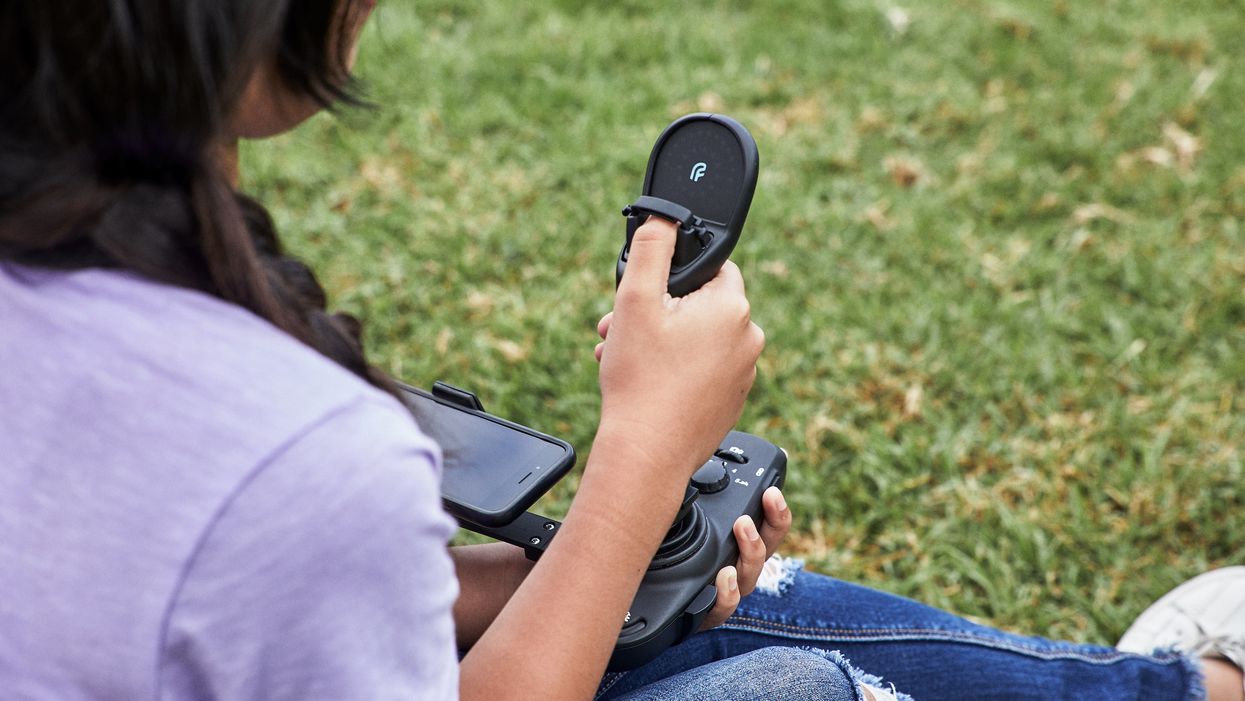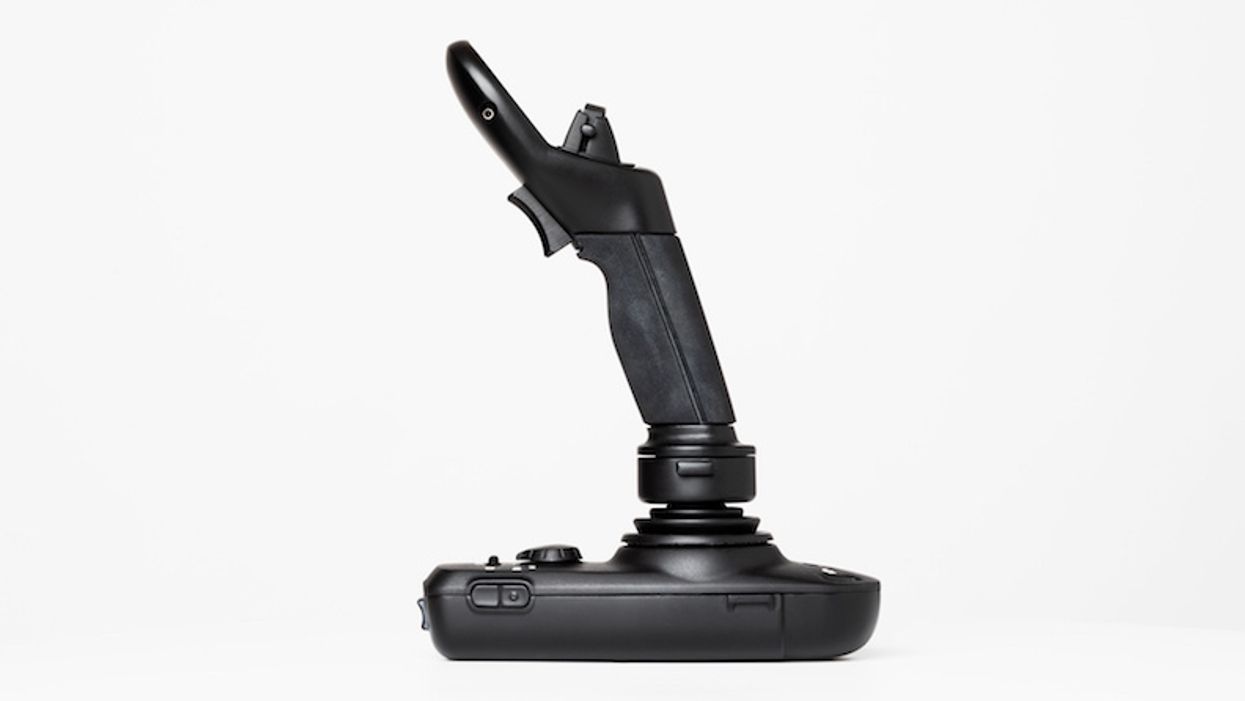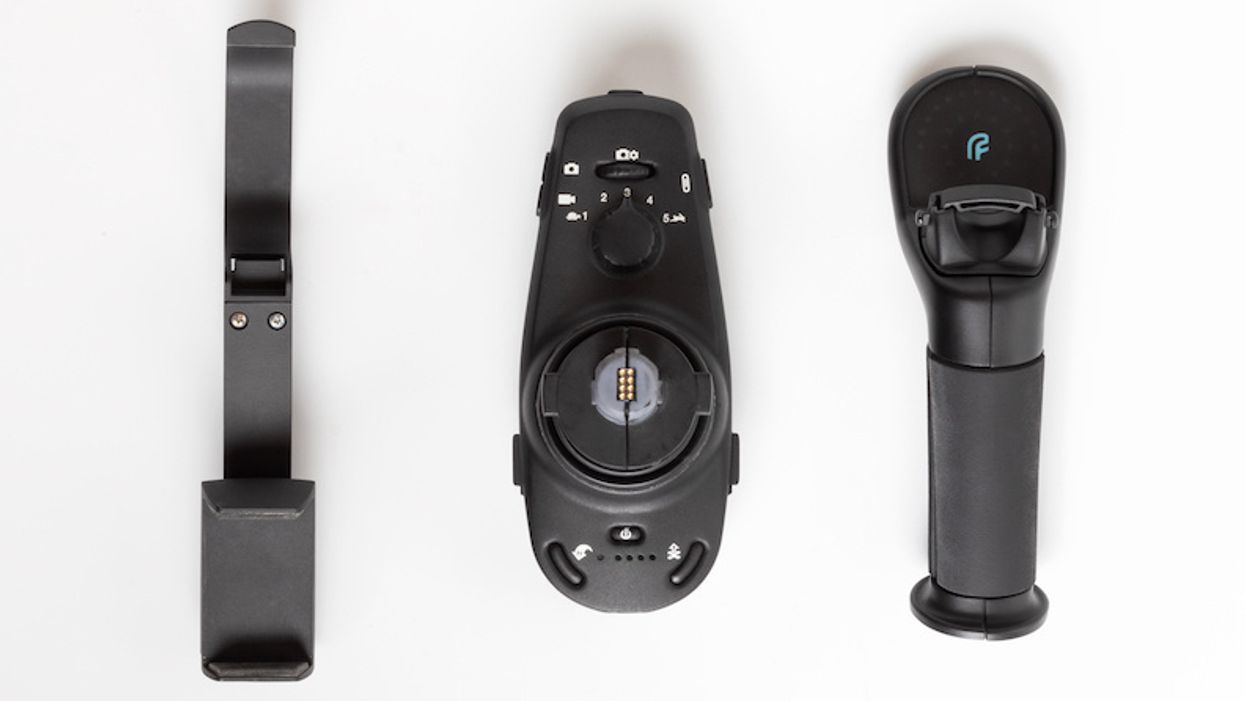In two months, a couple Houston companies will be packing their bags and headed for Austin, where they will pitch their startups at the 11th annual SXSW Pitch event. SXSW announced the 50 finalists on Wednesday.
A total of six Texas companies — two from Houston and four from Austin — will be presenting to a live audience and panel of judges at the March 9 to 10 competition. There are 10 categories, each with one winner, as well as an overall "Best of Show" winner.
Houston-based Fluidity Technologies will be presenting as its drone controller, FT Aviator, has been named a finalist in the Hyper-Connected Communities category. Fluidity is lead by CEO Scott Parazynski, a former NASA astronaut, pilot, and physician. The FT Aviator has the potential to revolutionize drone technology. The joystick-like controller is based off movement in space, Parazynski says, and is less prone to user error by someone not as well trained in drone operation.
"I've flown aircraft and spacecraft," Parazynski says in an InnovationMap article about the company. "But none allowed for the precision of motion I was looking for. None prevented unintended motion."
The other Houston company selected as a finalist is Zibrio SmartScale, which is in the Health and Wearable category. The company is all about balance. Its product, a smart scale that tracks balance, aims to reduce dangers that come with poor balance — injuries, deaths, and costs from falls. Katharine Forth leads the company as CEO and founder. The company was a member of TMCx's 2015 medical devices cohort.
SXSW's competition this year has expanded to include new categories and has seen an increase in startups.
"We have seen a 42 percent rise in applicants coming out of last year's event, and we couldn't be more thrilled to see such an impressive increase in the value of SXSW Pitch among the tech industry's most innovative startups," says SXSW Pitch Event Producer Chris Valentine in the release. "In addition to the creation of the new AI and blockchain categories, we've also expanded our advisory board to highlight geographic, gender, and racial inclusion – accelerating our desire to represent the world's most innovative and successful leaders in all areas of technology."
It's not just in the finalists that Houston is represented — two advisers are from the Bayou City. Mariam Jacob, of Allergy and Asthma Clinics of Houston, will be a pre-event coach, and Gabriella Rowe, CEO of Station Houston, will be an on-site coach.













 Apple doubles down on Houston with new production facility, training centerPhoto courtesy Apple.
Apple doubles down on Houston with new production facility, training centerPhoto courtesy Apple.

